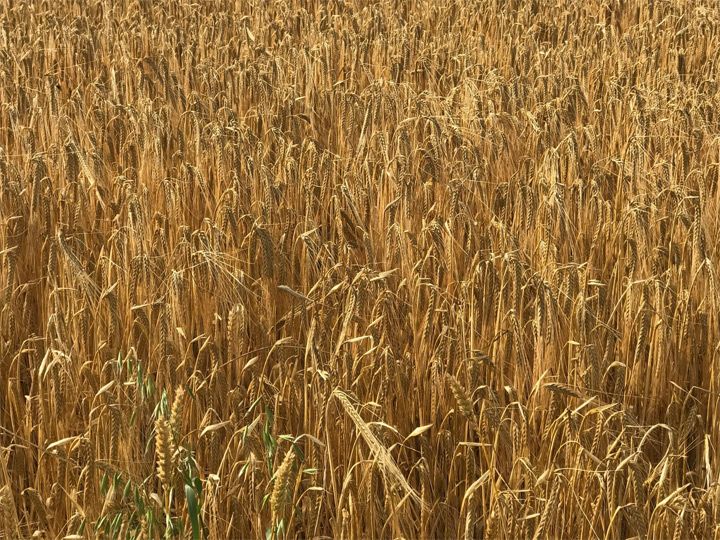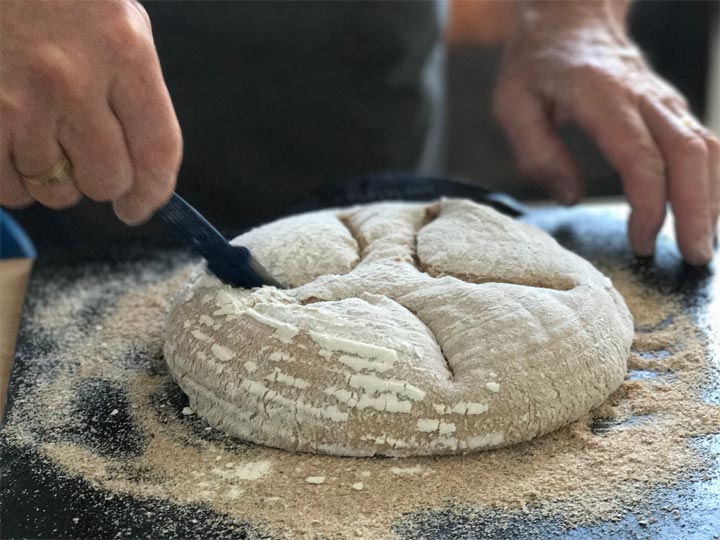Don’t let GM crops take root!
Posted on August 16th, 2017

In this week’s blog, we’re letting off a bit of steam! The impact that Brexit could have on our farming industry is a huge concern for us, and could push British farming in a risky direction; relying on GM crops.
The all-important harvest is underway, and will get into full swing as we head into autumn. However, over half of the UK’s food comes from overseas, and British-produced crops are slowly dwindling. In America, GM crops are widely used, and with Brexit potentially doing even more damage to our farming industry, could we end up doing the same?
Traditionally the UK has taken a strong position against GM foods, but that stance has softened in recent years. Almost half of the EU’s member states, including Germany, France and Italy have officially banned GM crops. But what are GM crops exactly?

GM crops could do more harm than good!
GM foods have been genetically modified with extra proteins and other compounds to create supposedly superior harvests. GM crops are more resilient to pests, disease, and provide an increased yield. However, they can have adverse effects for consumers. The added proteins can often cause problems for people with gluten intolerances and similar issues, and can also affect antibiotic medication, reducing their ability to fight illnesses and infections.
The added compounds in GM crops can also sometimes be transferred to other plants, potentially creating ‘super weeds’. These weeds are more resistant to chemical treatments, which could damage any native natural crops nearby. This can also harm the ecosystem, destroying native insects that naturally eat the weeds.
Although GM crops cannot be grown in the UK, they are still imported, usually as animal feed. However, any dairy or meat products from animals fed on GM crops do not have to be labelled as such by any government authority, meaning they could make their way onto the consumer market without our knowledge.

Some animal feeds could be GM, and can often slip under the radar
Up until recently, the EU oversaw all laws and legislation regarding GM crops. But after Brexit, we will have to make our own decision. If European exporters hike prices for crops too much, we may be forced to rely on GM crops from America and other suppliers.
Here at Canterbury Baking School we don’t use any genetically modified grains. We prefer to work with our wheat and other heritage grains in their natural state. We strongly oppose GM crops, and believe that natural organic grains will always be a healthier and tastier option!

What are your thoughts on GM crops? As always, we love to hear your feedback!


